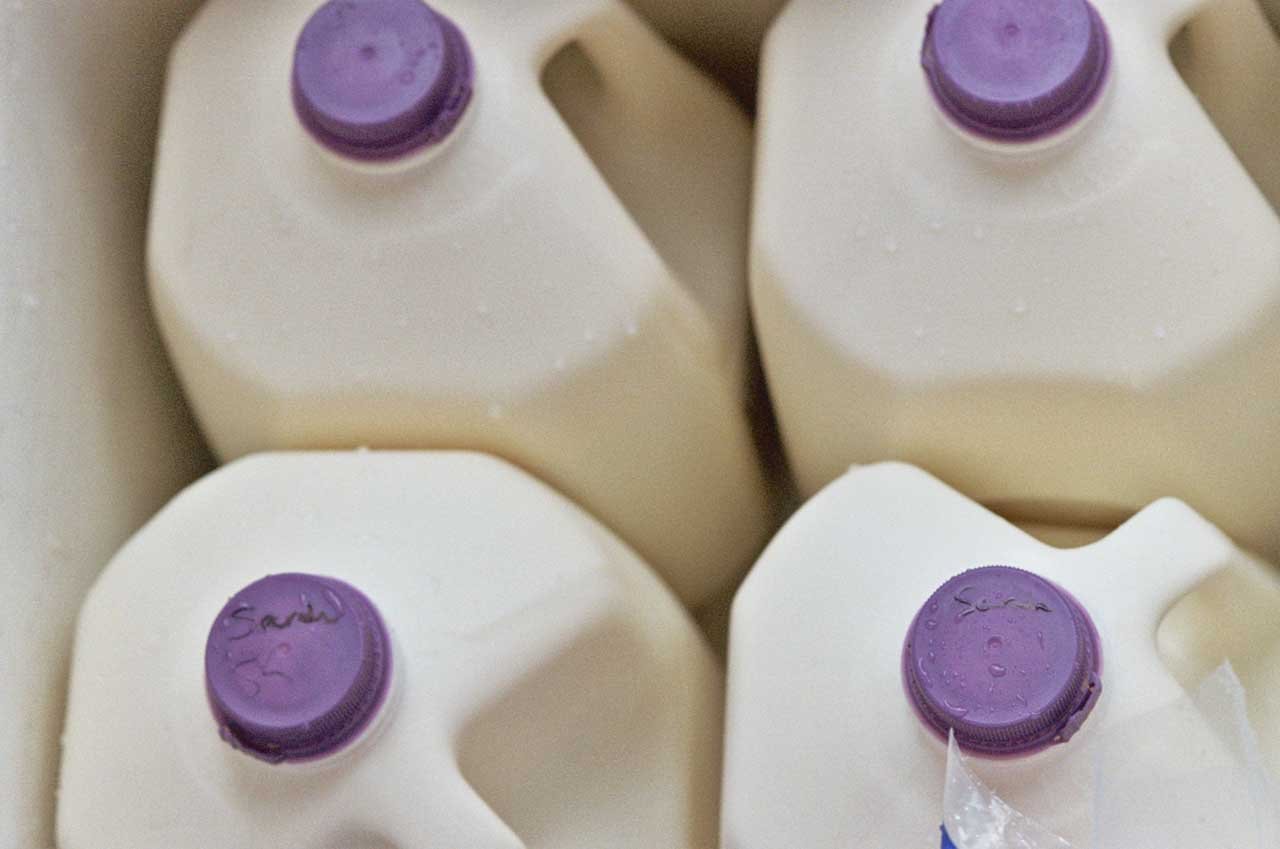Rising Bird Flu Cases Lead To USDA Milk Supply Testing In 6 States, Including Oregon

The US Department of Agriculture (USDA) has issued a federal order requiring testing of the nation’s milk supply. The order was issued as concerns over bird flu, first detected in a Texas cow in March, increased.
USDA Orders Milk Supply Testing In Oregon Following Increased Bird Flu Reports
Since March, the influenza virus has spread to more than 15 states, affecting 710 dairy herds.
California reported the highest number of infections, and California health officials detected possible bird flu contamination in raw milk and cream products from the company Raw Farm, Fresno, earlier this week.
The farm has been placed under quarantine, and several Raw Farm products are being recalled.
The federal testing program will launch in California, Colorado, Michigan, Mississippi, Oregon, and Pennsylvania.
The regulators are now empowered to test samples from dairy farms or when milk is being transported or processed. Private laboratories must also report any positive cases.
The new order complements the April order requiring testing of lactating dairy cows before being shipped across state lines. On Friday, the USDA said the purpose of the order is to “identify where the disease is present, monitor trends, and help states identify potentially affected herds.”
Bird Flu Measures For Oregon Milk Supply
Agriculture Secretary Tom Vilsack said in a statement that the federal order will give farmers and farmworkers better confidence in the safety of their animals and help them protect themselves. He said the order will assist in finding a path to quickly control and stop the virus’ spread nationwide.
The virus appears to be spreading through dairy operations, and milk with high concentrations of the flu virus can quickly spread within the milking parlor. Humans, rodents, and other animals facilitate the spread by carrying infectious material, including on their clothing or farm equipment.
Scientists say the risks aren’t entirely yet clear, but consuming infected milk could lead to an infection. Federal health officials have indicated that pasteurized milk remains safe to drink.
